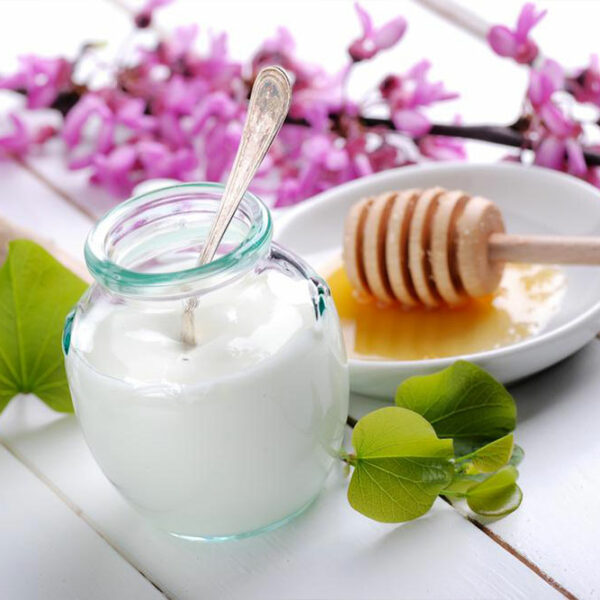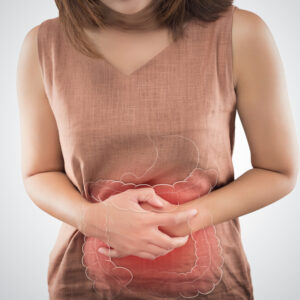The best remedies for yeast infections
Yeast infections occur when there is an overgrowth of yeast, creating an imbalance by increasing the amount of fungus in the vagina. Candidiasis is a prevalent type of yeast infection caused by a yeast called Candida. It causes symptoms like red patches, itching, burning sensation, and swelling. Such yeast infections can make it quite difficult to focus on daily tasks. That said, they can be handled with proper treatment and care.

Probiotics – Increase the intake of probiotics, which includes the good gut bacteria that minimizes the fungus to an acceptable level. You can find probiotics in foods like yogurt, kimchi, miso, pickles, sauerkraut, kefir, raw cheese, sourdough bread, and kombucha tea. But before incorporating these probiotics in your diet regime, have a word with your doctor.
Over-the-counter creams – One of the most common remedies for yeast infection is using an effective anti-fungal cream. You don’t require any prescriptions to buy these. You can peruse through online consumer reviews to pick the most suitable cream for yourself. Just ensure that you are not allergic to any of the ingredients used in it.
Essential oils – You can use virgin coconut, lavender, oregano, clove, or tea tree oils to treat yeast infections. These contain powerful anti-fungal properties that can be effective against the candida albicans fungus. Before you purchase any essentials oils, ensure that they are completely organic.
Vitamins – If you tend to suffer from chronic infections, then one of the reasons behind it could be nutritional deficiency. This can lead to a weakened immune system. Visit a professional nutritionist, so that they can recommend you with some vitamin supplements and a revised diet regime.
Prescription drugs – If you are having recurring episodes of yeast infection, then you should definitely visit your gynecologist. They will accurately assess your condition with prescription medication which will assist in alleviating pain and irritation. Your medication can include oral pills, suppositories, or ointments. Make sure that you have a follow up appointment with your doctor to rule out any risks. Your treatment can last anywhere from three days to two weeks.
Diminish the use of antibiotics – If you are on any antibiotics, consult your doctor to alter your medication. Antibiotics can often disturb the vaginal health by causing yeast overgrowth. Avoid using antibiotics for simple problems like cold and cough, instead try to utilize natural remedies.
Boric acid suppository – Boric acid is often used as a natural anti-fungal solution that curbs the yeast growth in the vagina. It is used as a suppository capsule which is directly placed inside the vagina. Although it shouldn’t be consumed orally as it could be toxic. Pregnant women should also refrain from using boric acid suppository.





